Contact
Contact
Nature is on the doorstep of Hita. The fine produce grown in the rich environment the area is blessed with makes one want to undertake the journey to Hita. The glorious past of the thriving town that was once known as the little Kyoto of Kyushu can also be felt through the various events that are held year-round. Come experience a place like no other.
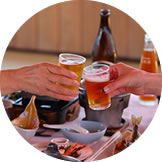
We also offer course meals served on a houseboat to bring a whole new level of enjoyment to your "yakatabune" experience as you glide amid the breathtaking landscape.
Period:
May 20 to October 31 (Only charter reservations are accepted outside of this period.)
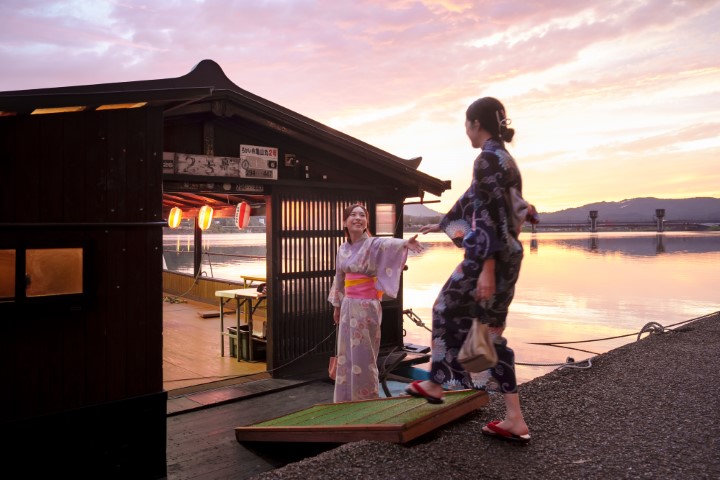
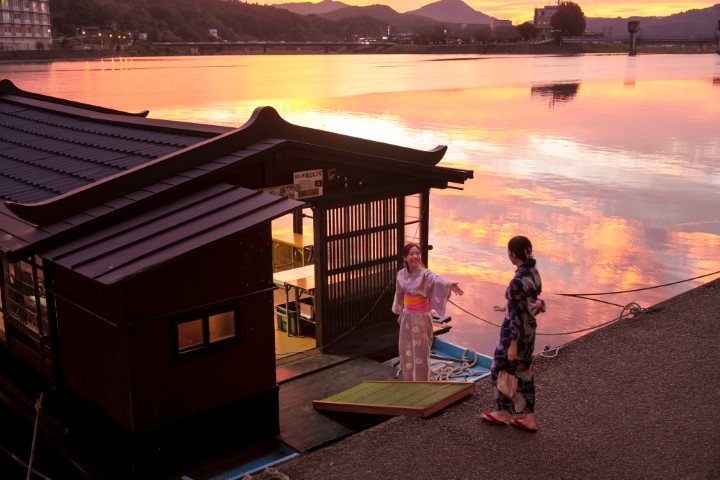
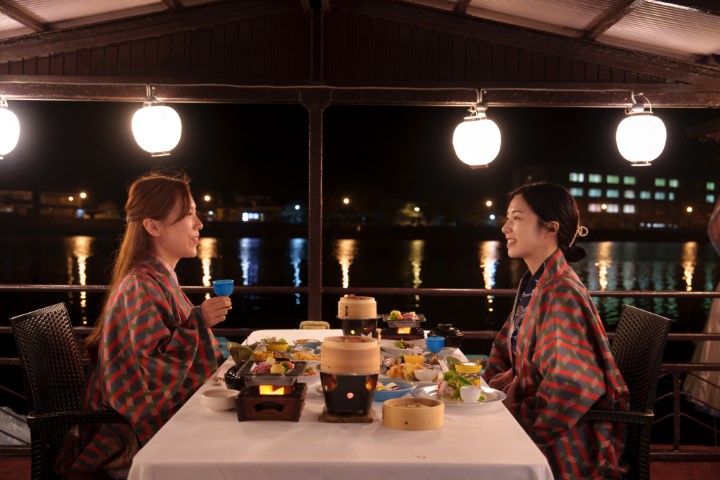
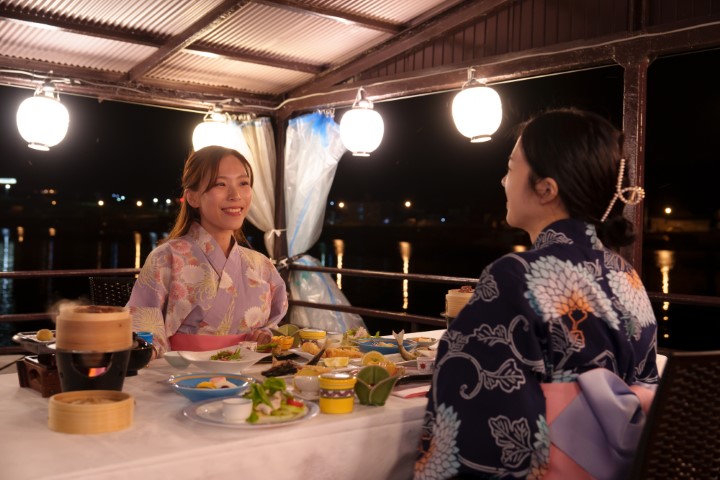
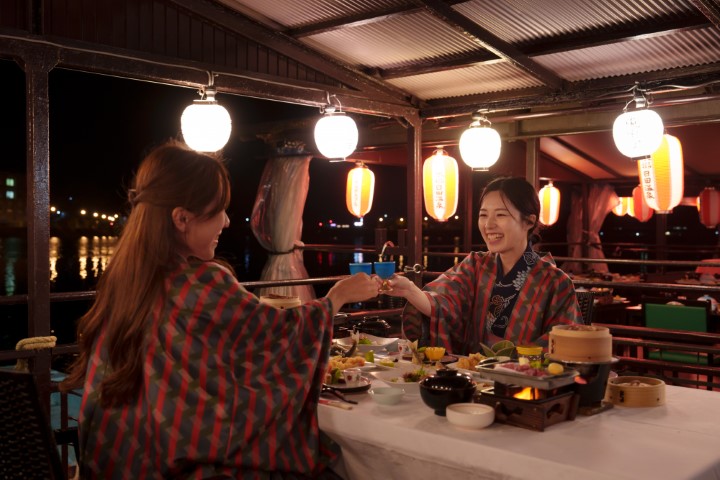
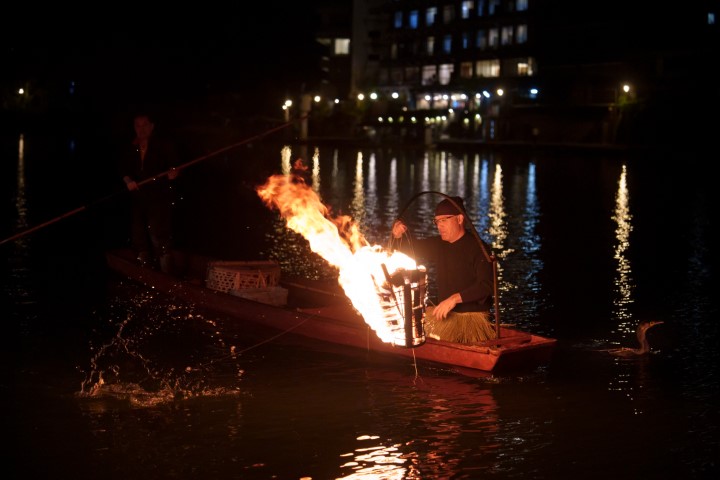
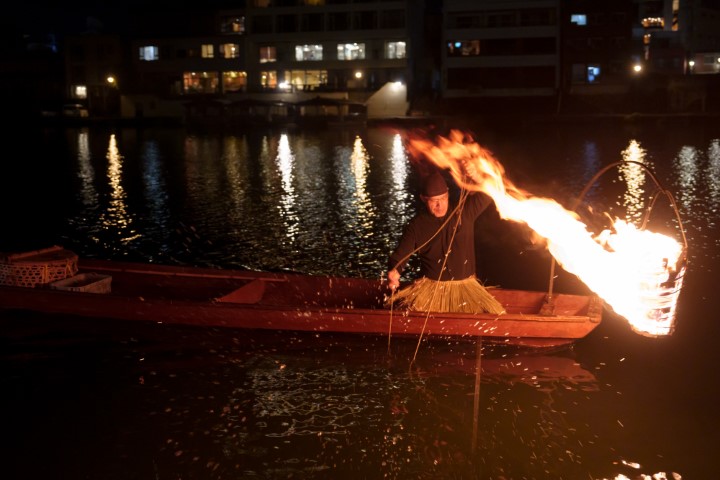
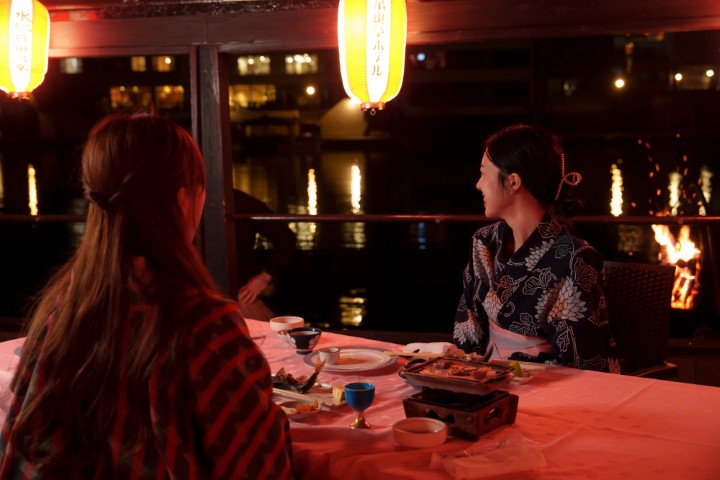
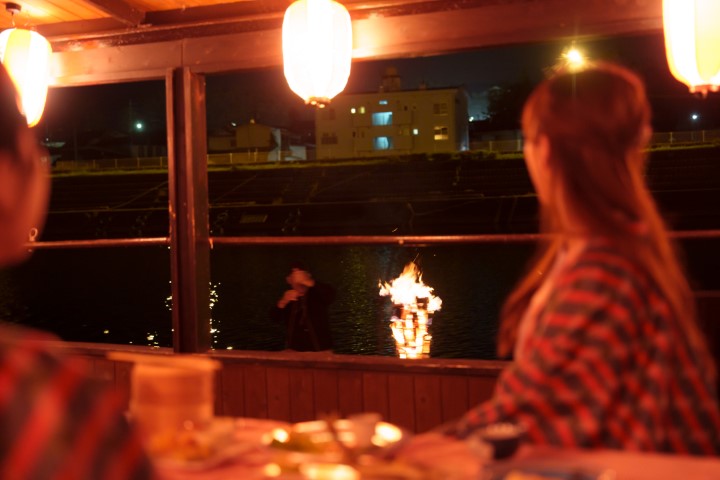
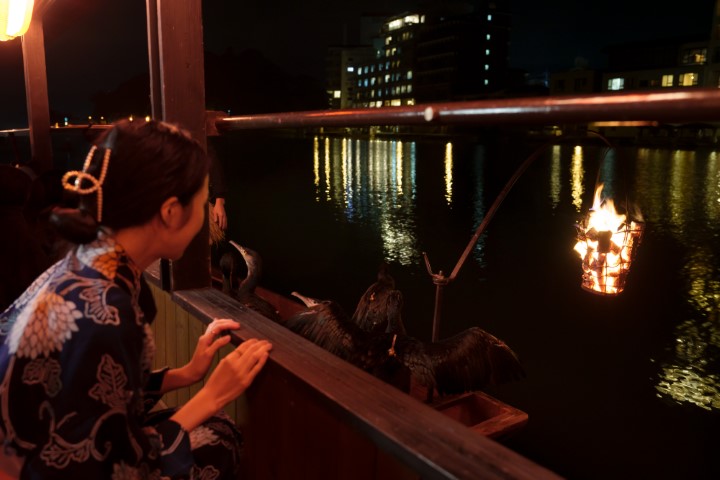
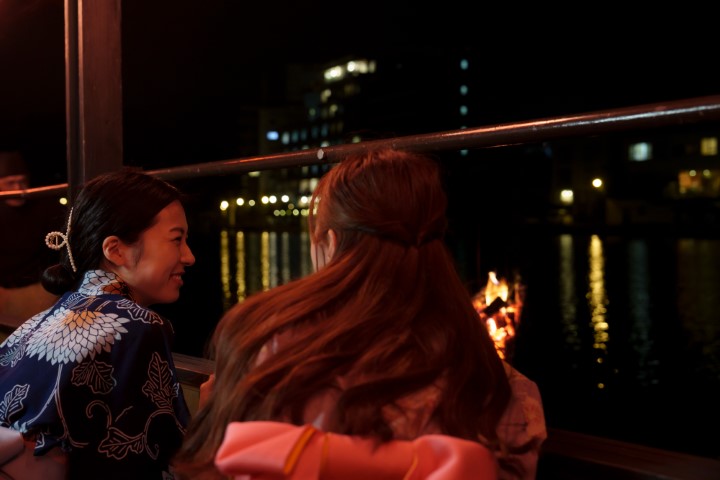
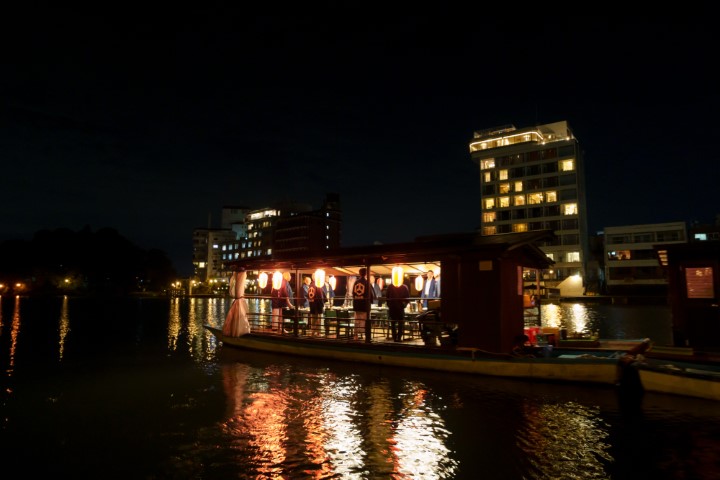
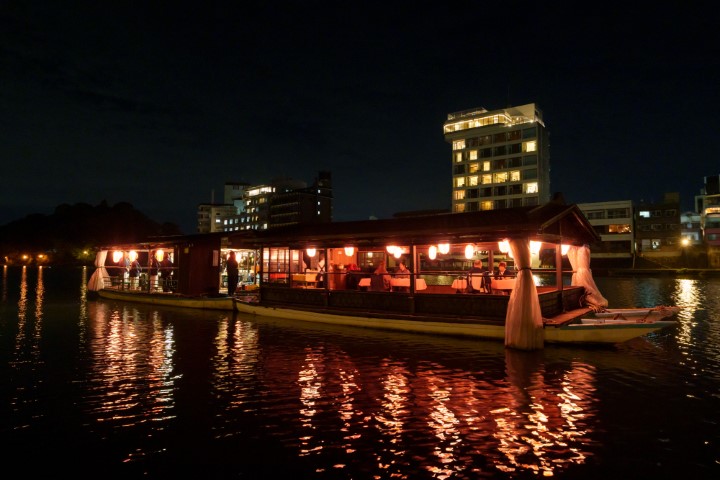
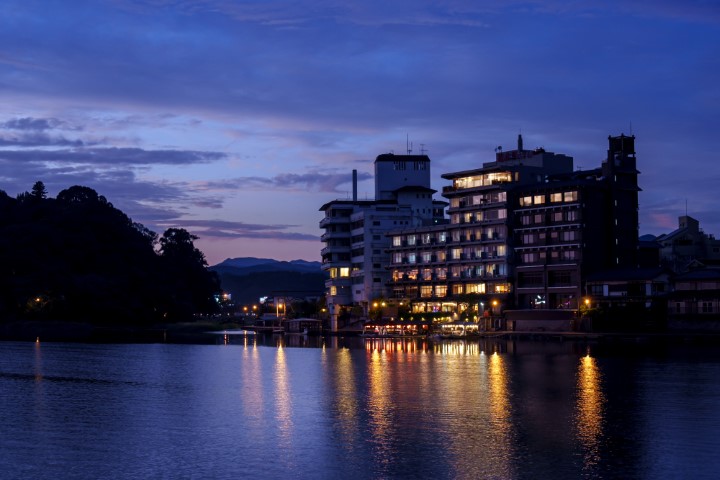
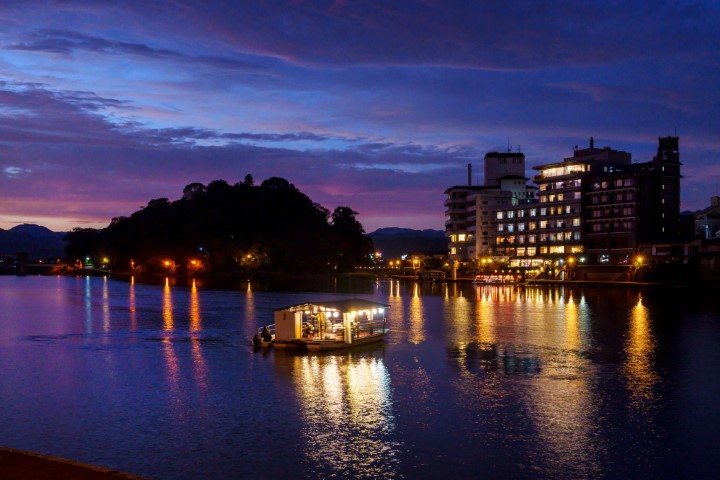
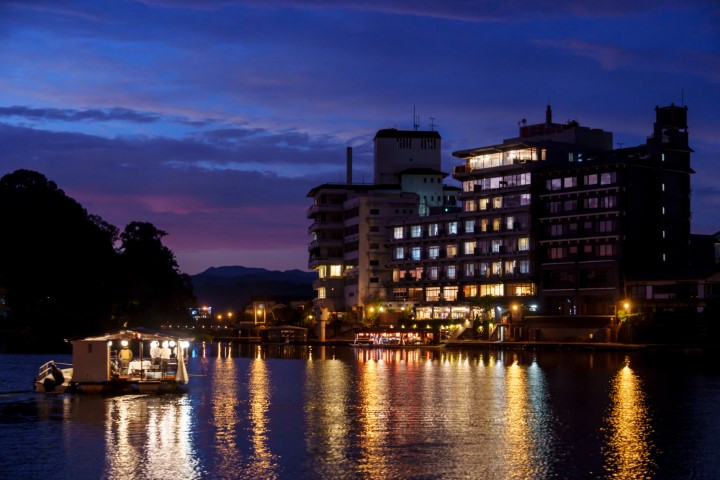
Fascinating houseboats that exude a unique atmosphere. When and where did this refined culture unique to Japan begin?
It goes back to the Heian period. Sailing for pleasure, quite possibly the origin of houseboats, is already mentioned in Japan’s oldest anthology of poems, Man’yoshu. Nobles loved viewing cherry blossoms and autumn leaves. They would get on boats gliding gently on the river and recite waka poetry, play musical instruments, and enjoy banquets. This was considered an elegant pastime.
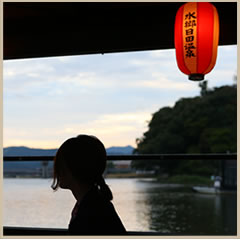
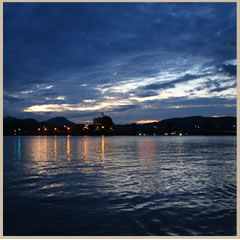
There are various theories on the origin of the name.
In one of them, a noble was called “oyakata-sama" (literally means Lord’s residence) because he lived in a residence built in the architectural style of a Heian palace. He would often ride a boat for pleasure, so his boat became known as "yakatabune" (houseboat), a play on the word “oyakata-sama." The golden age of houseboats was in the Edo period. The development and improvement of waterways during the Edo period brought about an increase in waterborne traffic as well as a thriving houseboat culture.
The recreational activity became popular not only with feudal lords and wealthy merchants, but also with ordinary people.
Luxurious and gorgeous boats were a common sight in the early Edo period. However, regulations were soon enforced against the construction of large boats, leading to a sharp decline in houseboats by the late Edo period. The final blow came with the pollution of the rivers and coastal areas brought by the Second World War.
Such a sophisticated culture was brought back to life around the time of the bubble economy, triggered by the improvement of water quality and the rise in demand for flashy entertainment.
From there, houseboats came to be popular all over Japan again as a form of water entertainment.
Cormorant fishing on the Mikuma River is believed to have begun when a vassal of Toyotomi Hideyoshi, who ruled over Hita, brought cormorant fishermen from Gifu. With the "water town" being blessed with abundant clean water and located on a stretch of the river that is quite wide, this form of entertainment became popular and has been enjoyed by countless guests until now. Cormorant fishing on the Mikuma River boasts 400 years of history and has been designated as an important intangible cultural property of Oita Prefecture. Nowadays, it is still an integral part of Hita’s summer. Although it is said to be one of the elegant and extravagant forms of entertainment during the Tenryo (area under the direct control of the central government) era, cormorant fishing can now only be found at a handful of locations throughout Japan.
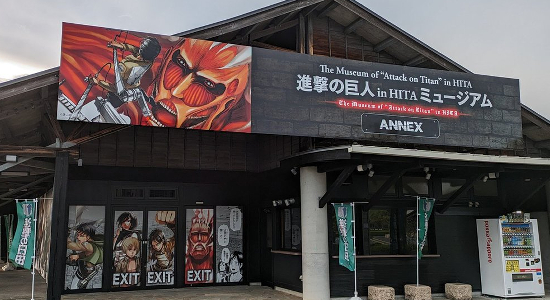
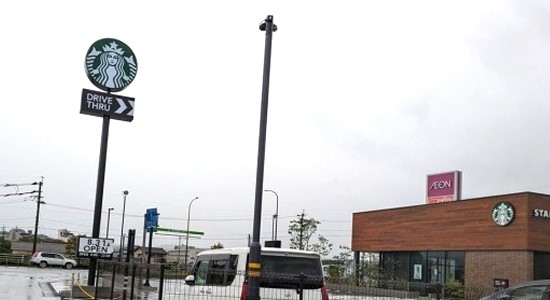
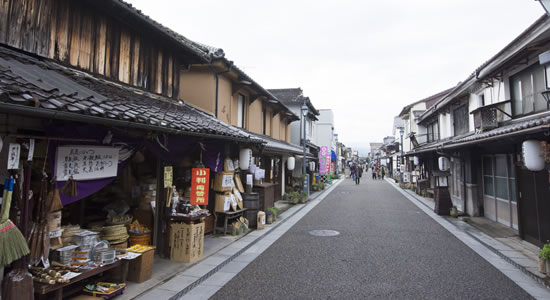
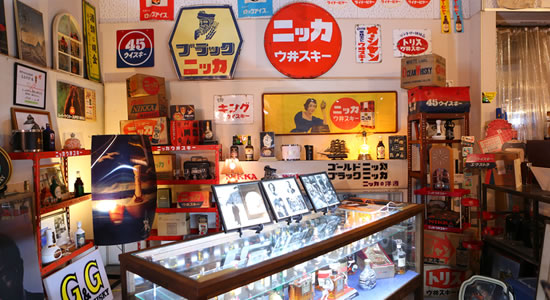
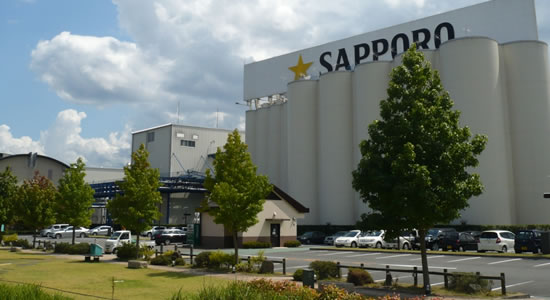
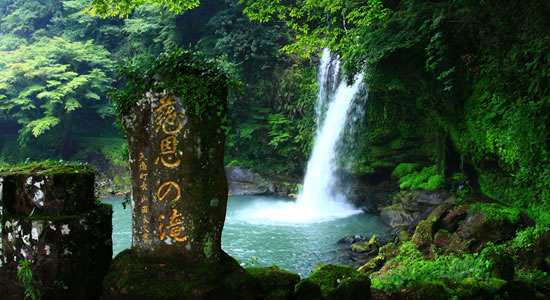
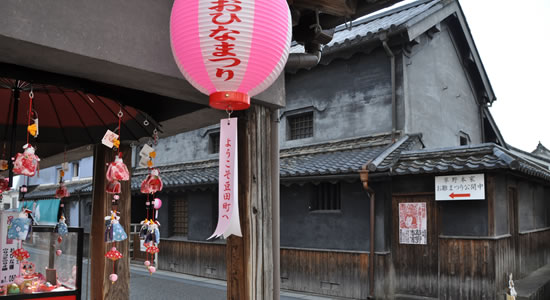
Dates: February 15 to March 31
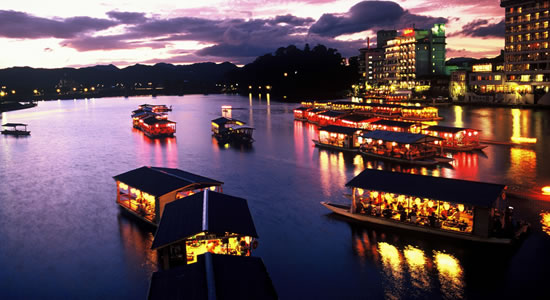
Dates: First weekend on and after May 20
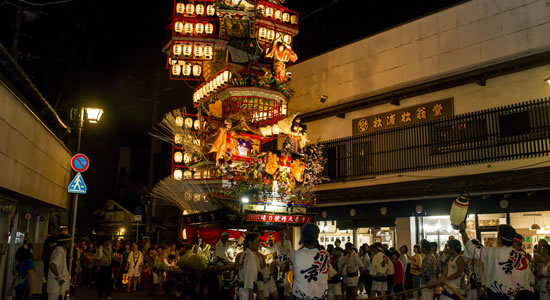
Dates: First weekend on and after July 20
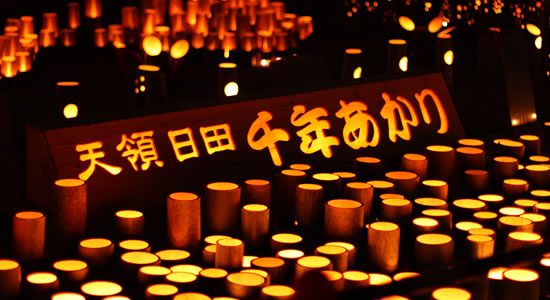
Dates: Second weekend of November